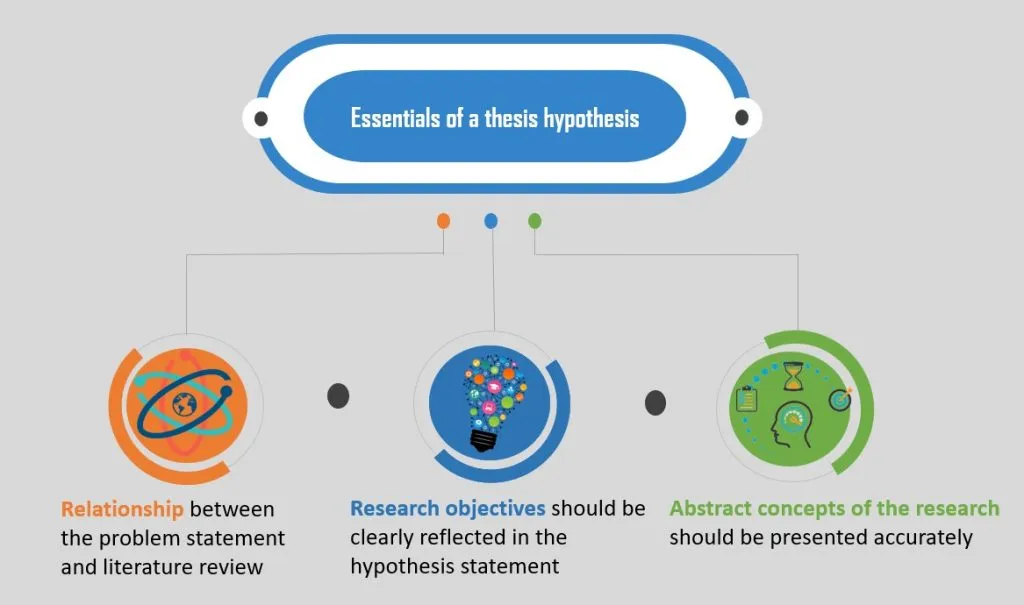Writing a strong hypothesis for your dissertation is a crucial step towards conducting successful research. A hypothesis is a tentative statement that attempts to explain a phenomenon or relationship between two or more variables. It is a prediction of what the researcher expects to find in their study, and it serves as a basis for conducting the research. In this article, we will discuss how to write a strong hypothesis for your dissertation, using the following headings:
- Understanding the research question
- Choosing the type of hypothesis
- Formulating the hypothesis
- Testing the hypothesis
- Refining the hypothesis

- Understanding the research question
The first step in writing a strong hypothesis for your dissertation is to understand the research question. Your hypothesis should directly address the research question and should be based on a thorough understanding of the topic. You should read relevant literature and research to gain a comprehensive understanding of the research question and its scope.
- Choosing the type of hypothesis
There are two main types of hypotheses: null hypotheses and alternative hypotheses. A null hypothesis is a statement that suggests that there is no relationship between the variables being studied. An alternative hypothesis, on the other hand, suggests that there is a relationship between the variables being studied. Depending on your research question and the nature of your study, you may choose either a null hypothesis or an alternative hypothesis.
- Formulating the hypothesis
Once you have a good understanding of the research question and have chosen the type of hypothesis, it is time to formulate the hypothesis. A hypothesis should be clear, concise, and testable. It should be written in a way that is easy to understand and should clearly state the relationship between the variables being studied. For example, if your research question is “Does exercise improve mental health?”, your hypothesis could be “Regular exercise improves mental health in adults.”
- Testing the hypothesis
Once you have formulated your hypothesis, you need to test it. Testing your hypothesis involves collecting data and analyzing it to determine whether your hypothesis is supported or not. You should use appropriate statistical tests to analyze your data and determine whether your hypothesis is statistically significant.
- Refining the hypothesis
After testing your hypothesis, you may find that it is not supported by the data. In this case, you may need to refine your hypothesis or develop a new one based on the results of your study. Refining your hypothesis may involve adjusting the variables being studied, changing the scope of your study, or using a different research methodology.
In conclusion, writing a strong hypothesis for your dissertation is a critical step towards conducting successful research. To write a strong hypothesis, you need to understand the research question, choose the appropriate type of hypothesis, formulate a clear and concise statement, test the hypothesis using appropriate statistical tests, and refine the hypothesis based on the results of your study. By following these steps, you can develop a hypothesis that is robust, testable, and supports the objectives of your research.
Controversial Problems On College Campuses and Their Solutions
Find online help in writing essays, research papers, term papers, reports, movie reviews, annotated bibliographies, speeches/presentations, projects, presentations, dissertation services, theses, research proposals, essay editing, proofreading, Book reviews, article reviews, formatting, personal statements, admission essays, scholarship essays, application papers, among others.


 WRITE MY ESSAY NOW!
WRITE MY ESSAY NOW!